ARTICLE – As the US stumbles toward a possible debt default, the economic risks are clear. In the worst case, it could set off a global financial conflagration, given the role of US Treasury bonds as the risk-free anchor of a vast network of global financial transactions. Even a last-minute avoidance of default could result in a downgrading of US debt and upward pressure on US interest rates, further stressing an already fragile banking system.
But an additional, and possibly underappreciated, reason to avoid default would be its deleterious impact on the US dollar’s key currency role and America’s standing in the world broadly and vis-à-vis China.
US DOLLAR DOMINANCE WOULD ERODE
The US dollar is the dominant global currency. It accounts for around 60 percent of official reserves and is used most widely for trade invoicing and financial transactions, though the dominance has been declining. During the late 1980s and into the 1990s, some observers believed that the Japanese yen might have been on a trajectory to supplant the US dollar as the key currency of the international financial system; similar interest surrounded the euro when it was established in 1999.
Now the spotlight is on China. It is the dominant trade partner of the Association of Southeast Asian Nations (ASEAN) and Central Asia, and it is not hard to imagine that as those trade flows grow, there will be rising interest in invoicing them in Chinese renminbi (RMB). Currency invoicing data are fragmentary, but it appears that by 2015, a quarter of Chinese trade was invoiced in RMB, making it the world’s second-most frequently used invoicing currency. The currency in which a country’s trade is invoiced influences the funding structure in its banking system and in turn the currency composition in its central bank reserves. So, expanded use of the RMB in trade should induce greater use in these other areas as well. Ancillary policies such as the creation of RMB exchanges and the development of a Chinese alternative to the SWIFT bank messaging system could encourage even greater use of the RMB, as could development of the eCNY, a central bank digital currency. These developments could greatly undermine the ability of the US to implement financial sanctions and prevent sanctions evasion by actors such as North Korea.
With the continued development of the euro, the world could be headed toward a system in which several major currencies are used in parallel, akin to what existed before the First World War. Barry Eichengreen, Arnaud Mehl, and Livia Chiţu argue that advances in financial technology will reduce the advantages of incumbency and make it easier for market participants to move between currencies, maintaining diversified portfolios.
In simple macroeconomic terms, such a development would not necessarily be a bad thing for the US economy. As Paul Krugman has pointed out, evidence that dollar dominance allows the US to maintain lower interest rates or more easily run trade or current account deficits is not overwhelming. Indeed, it can be a case of too much of a good thing: Foreign countries’ reserve accumulation and sovereign wealth funds are the biggest drivers of persistent trade surpluses, with the US running the biggest associated deficit.
[…]
Read the full article written by Dr. Marcus Noland on the website of the Peterson Institute for International Economics.

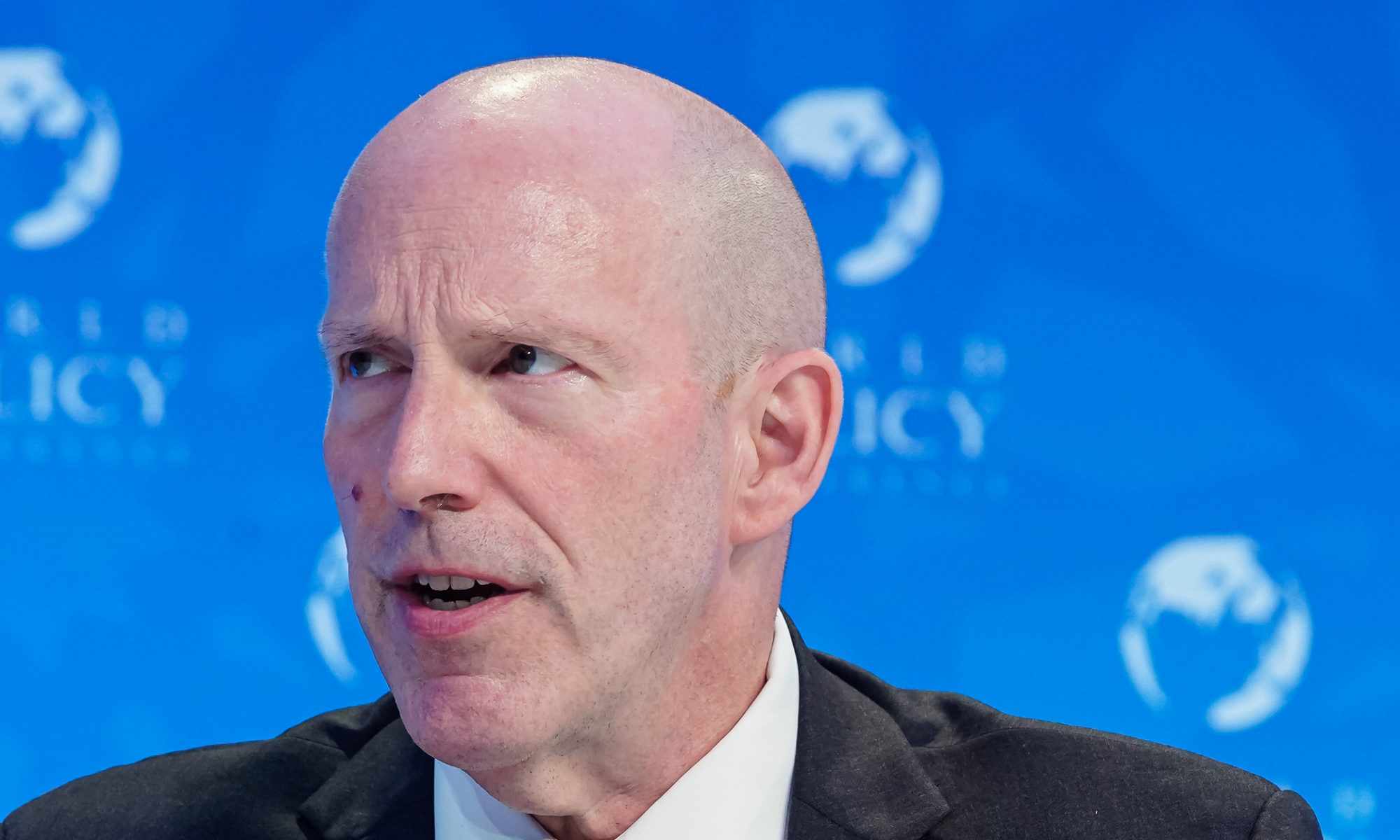
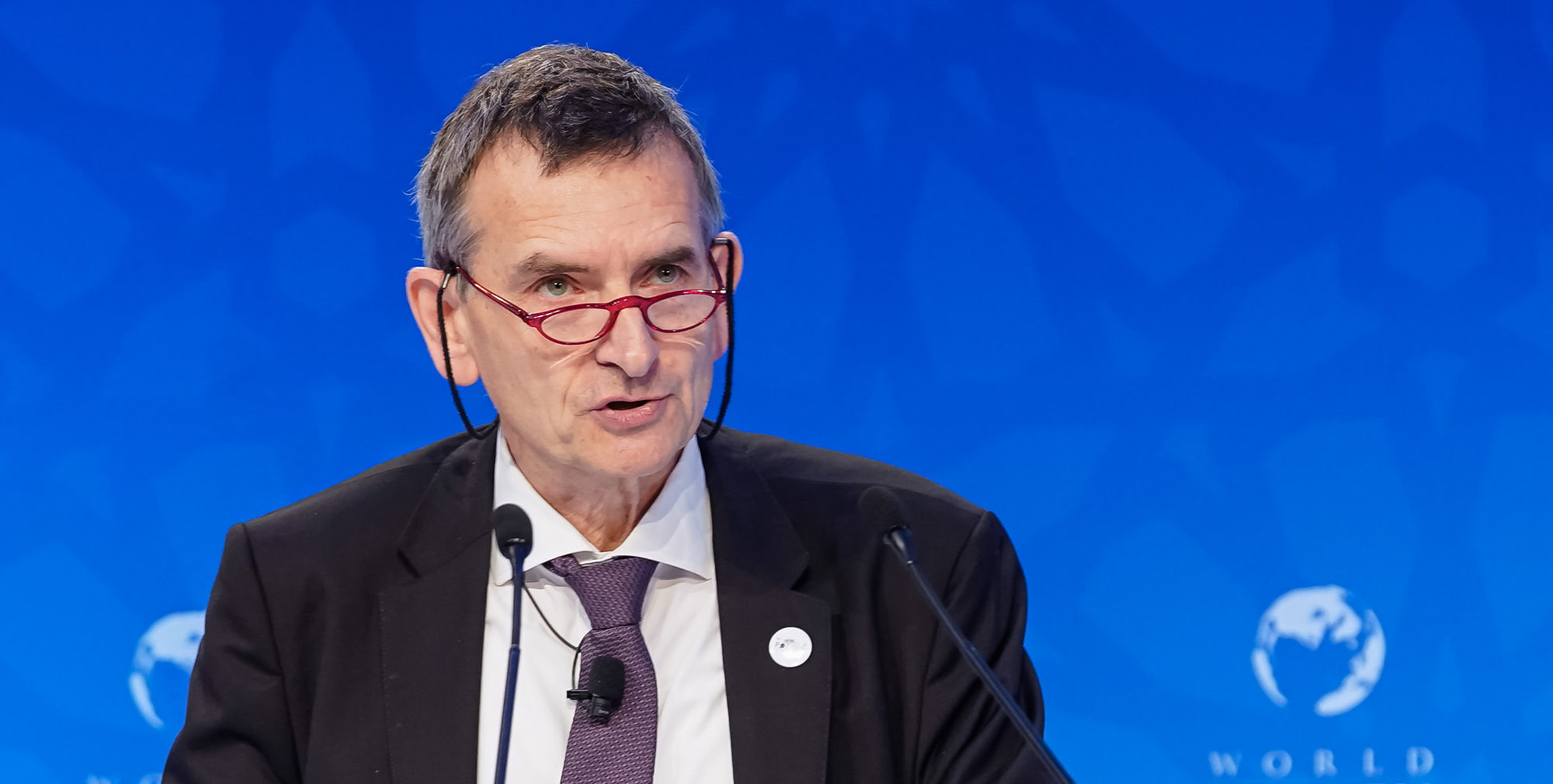




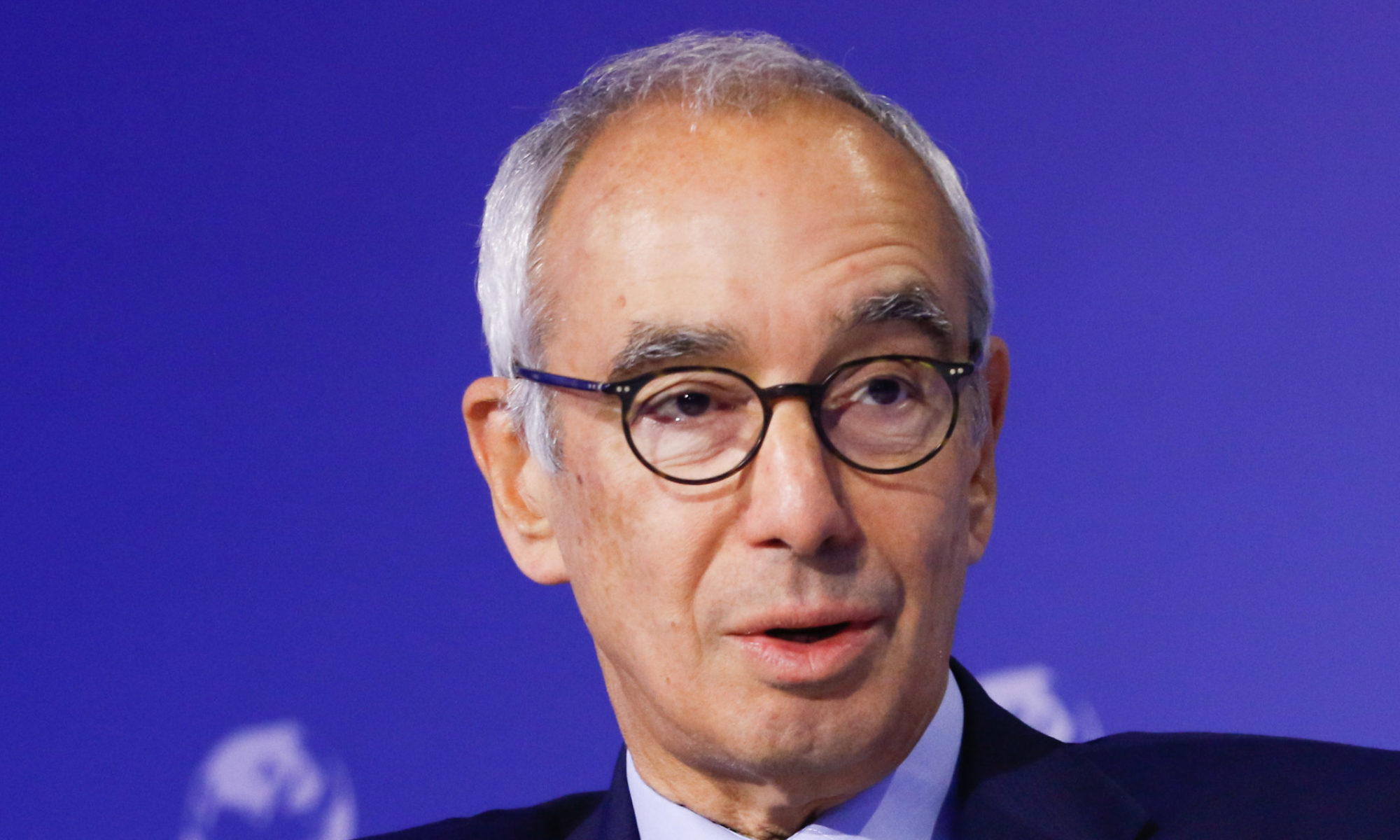
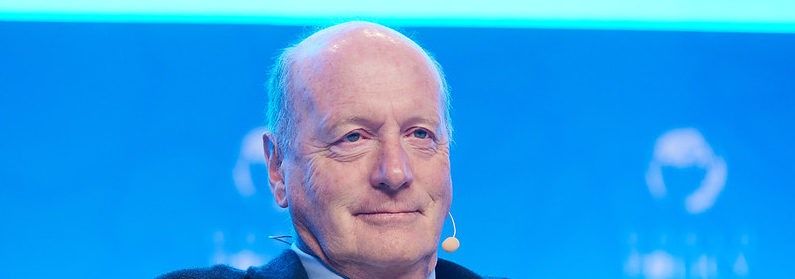
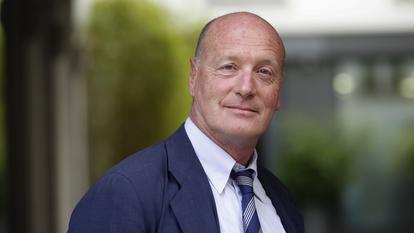

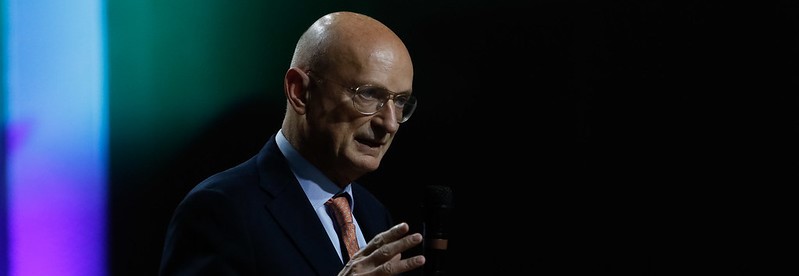

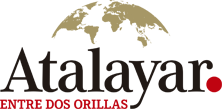








PARIS – In recent weeks, there has been no shortage of speeches by prominent leaders discussing their countries’ relationships with China and the potential economic fallout of geopolitical fragmentation. This is a welcome, if much-belated, discussion. But it must address a fundamental question: Can rivalry and economic integration coexist and, if so, under which terms? The answer will determine the fate of the global economy.
In February 2020, Jennifer Harris and Jake Sullivan published an article highlighting the need for a shift in economic thinking. When it came to managing globalization, they noted, foreign-policy professionals have largely deferred to the “small community of experts who run international economic affairs.” They urged national-security specialists to step up, recommended a proactive stance on public investment, and advocated a more guarded approach to trade opening.
Geopolitics and international economics have long operated under two distinct paradigms. Foreign-policy experts often see global politics as a zero-sum game in which one country’s gain is another’s loss. By contrast, economists tend to focus on the potential for mutual gains from multilateral cooperation and market-led integration. These contradictory paradigms were married to each other by the shared belief that trade and openness were in the best interest of the United States. America’s hegemonic status had its drawbacks, but the benefits outweighed the costs.
[…]
Read the article written by Jean Pisani-Ferry on the Project Syndicate website.